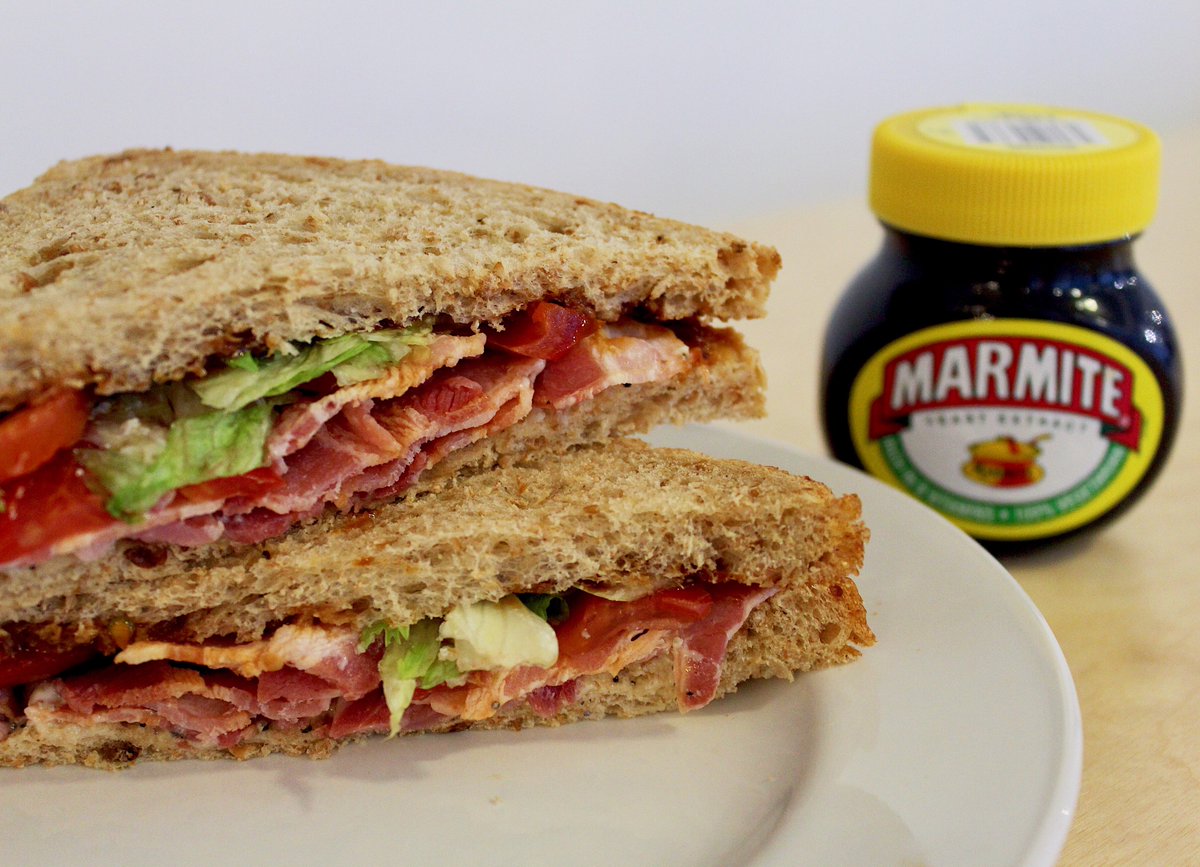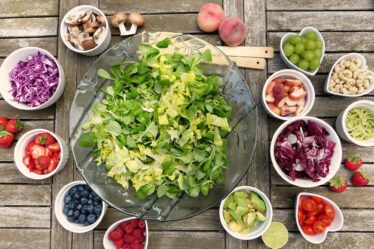
There are several nutritional trends currently in vogue. One of the most popular ones are meat-free foods, in demand because of factors like environment, health, and animal welfare. The new generation of plant-based products that substitute for meat look and taste more like the real thing than ever before. Patrick Brown, a biochemist, has designed a meat patty that smells, tastes, and looks so much like beef that it is hard to tell the difference. The patties are currently only available in the U.S. but the rest of the world are fast following suit in the trend towards meat alternatives.
Functional foods that are proven to benefit our health were also a trend-setter in 2016 according to Google. They include things like turmeric, apple cider vinegar, coconut oil, and manuka honey and help our ‘biochemical processes’ according to Michele Hedge, a nutrition medicine practitioner and author of ‘Beating Sugar Addictions for Dummies.’ She also stressed the importance of gaining health without the pain of restrictions, fads, food deprivation while still hungry, and maintains there is nothing wrong with having a coffee or a glass of wine as “the poison is in the dose for most people – not the occasional indulgence”. Her mantra is that moderation combined with a healthy approach is sustainable, extreme measures like detoxing and restrictions are not.
A third major food trend is the emphasis on clean eating as opposed to detoxing. Eating soups are a good way of doing this as they are nourishing, easy to digest, and give the digestive system a rest. Moreover they contain fibre and do not have sugar. They are also less drastic than detoxing and gentler on the body according to Lee Holmes, author of ‘Supercharged Food and Heal Your Gut’. He emphasizes the importance of ‘clean eating’ easily digestible foodstuffs and a more balanced diet. His viewpoint is supported by Dr. David Katz from Yale University who told ‘Food Navigator’ that restrictive diets like vegan, fat-free, gluten-free, Paleo, or sugar-free are not the complete answer to health in themselves and that there was much more unanimity about the fundamentals of healthy eating. That would include diets with an emphasis on wholegrains, nuts and seeds, vegetables, fruits, lentils and beans, and foodstuffs that were processed as little as possible. Also more water to quench thirst and less of juices and other beverages.
What are the other prerequisites of a good diet? Cutting down on sugar is vital to good health as it regulates glucose, helps in losing weight, and reduces food cravings and systemic inflammation. Adding functional herbs like turmeric and ashwaganda into our food make a big difference as they boost the metabolism, assist with fatigue, and have other positive effects. New cookbooks like Spice Health Heroes are also joining the bandwagon in developing recipes that incorporate functional foods like horseradish for antibiotic properties, fenugreek for digestion, and ginger as a balancing spice. Eating more seaweed makes a big difference as it is one of the world’s most nutritious and sustainable crops.
A common sense approach to health and diet is really what it is all about at the end of the day. More and more people are veering away from the kind of restrictive diets and extreme detoxing mentioned above and focussing on a healthy relationship to foods and their bodies and combining it with moderation where needed. The approach alluded to by authorities like Michele Hedge, Lee Holmes, Dr. David Katz etc. is a major trend in itself and an indication of how attitudes towards food and health are evolving.







